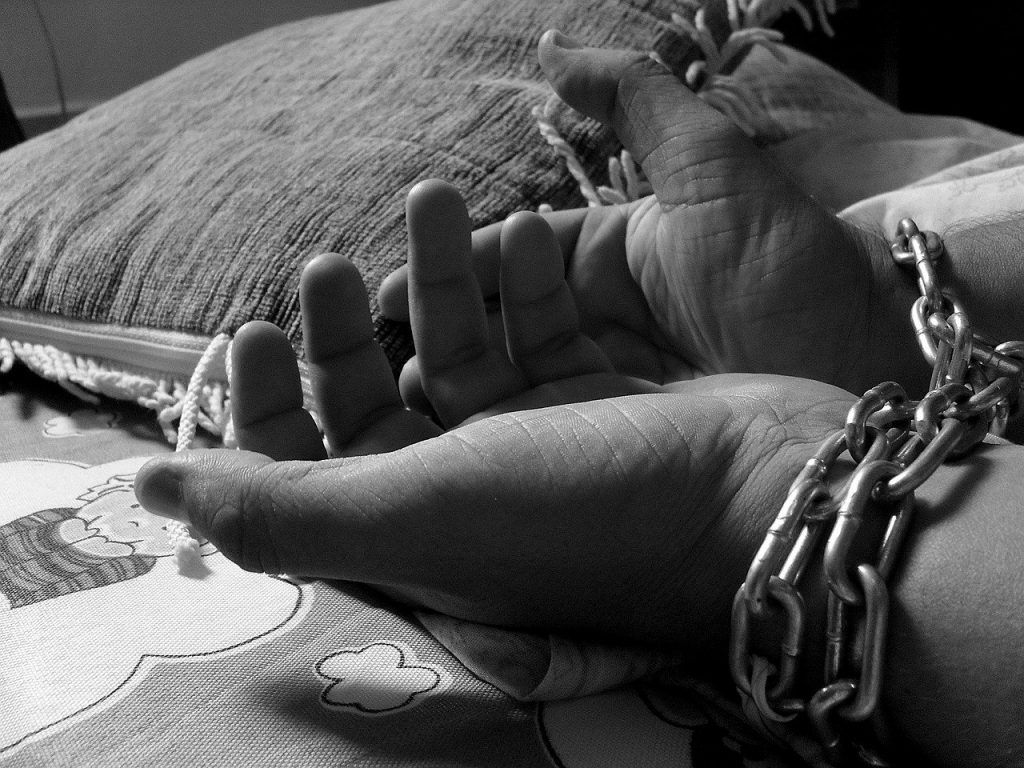CHR backs bill on tougher measures vs. human trafficking

“Throughout the Philippines and around the world, human trafficking tears communities apart, fuels criminal activity, and threatens the national security of the country,” de Guia said. (Pixabay photo)
MANILA – The Commission on Human Rights (CHR) on Friday expressed strong support to the Senate bill seeking tougher response against human trafficking issues in the country.
In a statement, CHR spokesperson Jacqueline Ann de Guia said human trafficking is a form of modern slavery, including the exploitation of both adults and children of all sexes and genders in exchange for labor and sex, among others.
“Throughout the Philippines and around the world, human trafficking tears communities apart, fuels criminal activity, and threatens the national security of the country,” de Guia said.
De Guia said the proposed legislation will give more teeth to the existing Anti-Trafficking in Persons Act of 2003 as amended by the Expanded Anti-Trafficking in Persons Act of 2012, “to provide standards and guidelines on surveillance, interception, investigation, and prosecution of different forms of human trafficking, including sexual exploitation, prostitution, forced labor, slavery, removal or sale of organs, and pornography”.
De Guia noted the increase in online sexual exploitation of children amid the imposition of lockdowns nationwide.
“Quarantined online sex offenders are spending more time online, and vulnerable women and children are also confined at home, often with their traffickers. We recognize that in times of a health crisis, response to trafficked individuals is even more difficult,” de Guia said.
De Guia cited the United Nations Children’s Fund (UNICEF) report that the Philippines has become “the global epicenter of the live-stream sexual abuse trade,” in which children are usually the victims.
“The challenge remains for us to protect the most vulnerable individuals while swiftly prosecuting their abusers,” she said.
De Guia meanwhile recognized Senator Sherwin Gatchalian’s proposed measure “to fortify collaborations among agencies to address the human trafficking issue in the country”.
“The Commission welcomes the provision in this landmark bill to include the responsibilities of internet service providers (ISPs) and tourism-oriented establishments to proactively report such cases to law enforcement agencies and to prevent similar abuse,” de Guia said.
The CHR has earlier launched a digitalized initiative known as “e-Report sa Gender Ombud”—an online portal that documents all forms of gender-based violence and helps in facilitating access to justice for the victims.
“We work in partnership with organizations and government agencies to ensure appropriate referral and responses to these kinds of human rights violations,” she said. “Lastly, we extend our full cooperation to the Inter-Agency Council Against Trafficking in its action to quell human trafficking in the country.
“





















